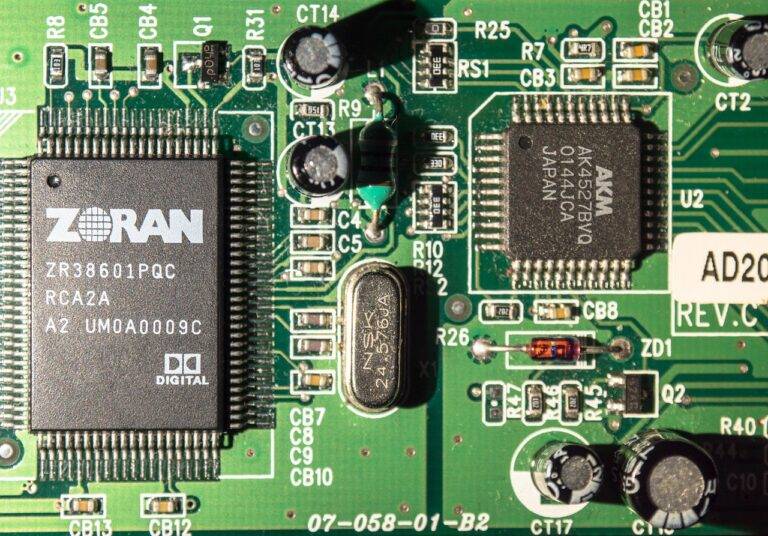The Rise of Quantum Computing in Renewable Energy Storage
Quantum computing has emerged as a cutting-edge technology that holds great promise in revolutionizing energy storage systems. By harnessing the power of quantum mechanics, this innovative approach offers the potential to significantly enhance the efficiency and performance of energy storage devices. The ability of quantum computing to process complex algorithms at unparalleled speeds opens up new possibilities for optimizing the design and operation of energy storage solutions.
Moreover, quantum computing can play a crucial role in addressing the challenges associated with scalability and reliability in energy storage systems. By leveraging quantum algorithms and quantum simulations, researchers and engineers can explore new materials, as well as design novel architectures for energy storage devices that are more durable, sustainable, and cost-effective. This transformative technology has the potential to drive innovation in the energy sector and pave the way for a more sustainable and resilient energy storage infrastructure.
Understanding the Role of Quantum Computing in Enhancing Renewable Energy Solutions
Quantum computing has emerged as a promising technology with the potential to revolutionize the renewable energy sector. By harnessing the principles of quantum mechanics, quantum computing offers the ability to solve complex problems at a speed and efficiency far beyond the capabilities of classical computers. In the realm of renewable energy, quantum computing can play a crucial role in optimizing energy production and storage, thus paving the way for a more sustainable future.
One of the key areas where quantum computing can make a significant impact is in the optimization of energy grids. By leveraging quantum algorithms, energy providers can better predict and manage energy demand, leading to more efficient use of renewable energy sources. Additionally, quantum computing can aid in the development of advanced materials for energy storage, enabling the creation of high-capacity batteries that are crucial for storing energy from renewable sources such as solar and wind power.
Challenges and Opportunities of Integrating Quantum Computing in Energy Storage
Quantum computing offers a promising avenue for revolutionizing energy storage solutions with its potential to enhance efficiency and performance. By leveraging quantum principles such as superposition and entanglement, quantum algorithms can optimize energy storage systems, leading to significant improvements in capacity, longevity, and overall effectiveness. However, the integration of quantum computing in energy storage faces several challenges, including the complexity of quantum algorithms, the need for specialized hardware, and the requirement for robust error correction mechanisms to ensure accurate results.
On the other hand, the opportunities presented by quantum computing in energy storage are vast and compelling. Quantum algorithms have the capability to address critical issues in energy storage, such as minimizing energy losses, maximizing charging and discharging efficiency, and enabling real-time adaptive control for optimal performance. Moreover, the potential for quantum-enhanced simulations can revolutionize the design and optimization of energy storage systems, paving the way for more sustainable and efficient renewable energy solutions. As researchers continue to explore and develop quantum computing applications in energy storage, the prospects for transformative advancements in this field are becoming increasingly tangible.





